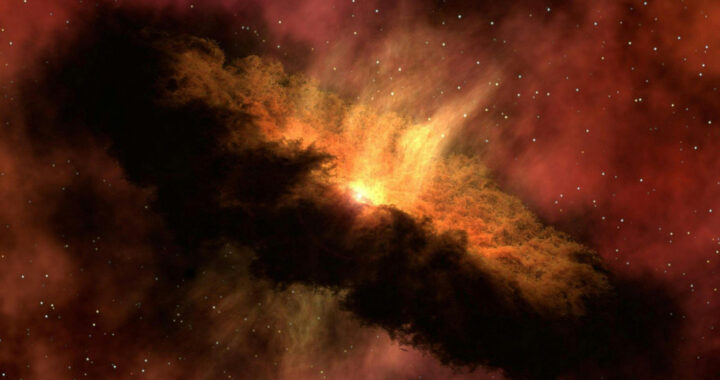The question of whether the universe itself can be considered divine has resurfaced in more recent discourse and debates surrounding philosophy, physics, and consciousness studies. A growing number of scientists and thinkers are exploring pantheism or the concept that equates God with the totality of the cosmos rather than a transcendent being beyond it.
Pantheism as a Tradition and Modern Science
Pantheism has deep historical roots across diverse traditions. The Upanishads of India identified Brahman as an eternal consciousness permeating all things. Stoic philosophy emphasized anima mundi, or the living world soul that animates the universe. Thinkers such as Giordano Bruno even described the cosmos as infinite and equated it with divinity.
Nevertheless, at its most general, pantheism may be understood either as a positive, in which God is considered identical with the cosmos, or as a negative, wherein views that consider God as distinct from the cosmos are repudiated. Modern pantheism carries either of these two views but also frames the concept within the subfields of natural sciences.
Nicolas Kuske, a physicist with a doctorate in theoretical physics, has emerged as one of the active and modern voices advocating a scientific form of pantheism. He moved from the fields of physics and mathematics to consciousness research and artificial intelligence after experiencing what he described as a consciousness revelation during his academic development.
Kuske is working on and promoting the idea that every aspect of the universe, including inanimate matter, may contain an element of subjective experience. His position intersects with panpsychism, the philosophical framework suggesting that consciousness is not limited to human or animal minds but is instead a fundamental property of all matter itself.
Critics argue that consciousness does not entail divinity. Philosopher Hedda Hassel Morch argues that panpsychism should not be equated with theological conclusions. She notes that universal consciousness does not necessarily indicate attributes such as moral goodness, omniscience, or purposeful intelligence commonly associated with divine entities.
Understanding Modern Pantheism Further
Kuske responds to this common argument by pointing to what physicists call fine-tuning. He highlights the mathematical precision of cosmic laws, their stability across billions of years, and their suitability for life. In his view, the presence of this inviolable order implies not only consciousness but also benevolence within the very structure of the cosmos.
He further refers to psycho-physical harmony. This corresponds to the alignment of subjective human experience with physical processes. Kuske argues that pain, pleasure, and consciousness demonstrate that the universe is not merely mechanical. Instead, he contends that it reveals care and value that are embedded in the existence of living beings.
The dialogue extends into theological traditions as well. Rabbinic interpretations within Judaism often describe natural objects as spiritually infused. Rabbi Pinchas Taylor has cited Maimonides and their belief that celestial bodies might have consciousness. Midrashic sources even suggest that every blade of grass carries a spiritual force guiding its growth.
Kuske emphasizes that this vision fundamentally reframes the nature of divinity itself. God is no longer imagined as a distant, separate, and disconnected overseer of creation, but instead as fully identical to the unfolding universe. Every particle, atom, star, or planet becomes an expression of divine reality, conferring intrinsic value and significance upon all phenomena.
This perspective challenges conventional separations between science and spirituality. By proposing that cosmic structure itself may reveal consciousness and benevolence, pantheism invites reevaluation of the place of humanity in the cosmos. The debate continues to divide thinkers while revealing enduring curiosity about the deepest nature of existence.
FURTHER READINGS AND REFERENCES
